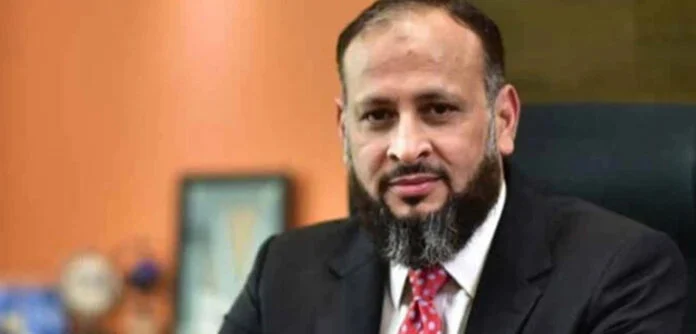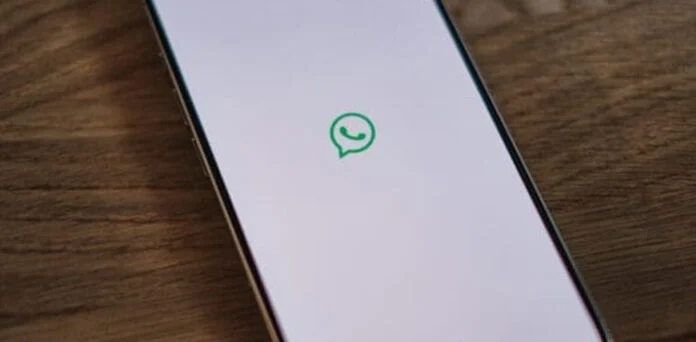
Learning a new language as an adult can be an uphill battle, and for me, it has been exactly that. While I have no trouble picking up nouns, the grammar, verb conjugations, and gender rules feel like an impossible puzzle. I often joke that my memory just isn’t what it used to be—there’s simply no more room for new information! It’s true that adults generally find language learning more difficult than children, who naturally absorb it through immersion. Meanwhile, I am surrounded by English speakers in the Algarve, which makes full immersion nearly impossible.
There have been many moments of doubt. Am I too old to learn Portuguese? I have taken lessons and put in the effort, so it’s not a matter of being unwilling to try. But if I lived in a place where English wasn’t so widely spoken, I imagine daily life would be even more of a challenge.
Being a native English speaker, I never had the opportunity to learn another language in school. My husband, on the other hand, was taught Irish and even Latin—neither of which have been particularly useful to him. In Ireland, there are regions where only Irish is spoken, and students are sometimes sent there to be fully immersed in the language, a practice known as “going to the Gaeltacht.” Though many kids dreaded it, it’s an important part of preserving Irish heritage. I sometimes wish I had been sent somewhere similar to absorb Portuguese the way they did with Irish.
Portuguese, however, is not an easy language to grasp. The grammar is complicated, some of the sounds feel unnatural, and even the way you move your mouth to pronounce certain words is unfamiliar. I’ve tried—I really have—but my attempts are often met with rapid Portuguese that I have no hope of keeping up with. If I do manage to make myself understood, I’m often answered in English as a kind gesture or an opportunity for the other person to practice their own language skills.
It’s humbling to see young children effortlessly switching between languages, understanding and speaking Portuguese without hesitation. Unlike adults, they don’t overthink their mistakes or feel embarrassed about making errors. They simply learn and move forward.
One particularly embarrassing moment happened in a supermarket. I was in the checkout line when I suddenly realized we needed eggs. In a hurry, I asked a security guard, “Onde estão os ovos?” (Where are the eggs?), but my pronunciation was slightly off, and it came out as “Onde estão os avôs?” (Where are the grandfathers?). Let’s just say that led to some confusion—and no omelette for dinner that night!
I know learning a new language isn’t easy, and there are valid reasons why it’s more difficult for some than others. The cognitive load alone—juggling new vocabulary, grammar, and pronunciation—is enough to make my brain feel overloaded.
But please, be patient with those of us who struggle. We love this country; otherwise, we wouldn’t be here. We don’t expect perfection, just a little understanding. Speaking a foreign language is intimidating, but we are making an effort. So, when we get it wrong, don’t laugh at us. Instead, listen to what we’re trying to say—because, at the end of the day, communication is what truly matters. Obrigada.




















